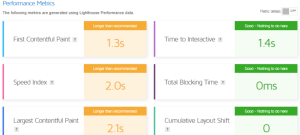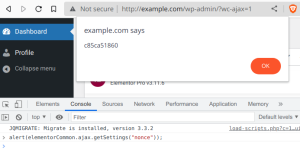In recent months, the question of whether WordPress should convert uploaded JPEG files to WebP files by default has often been raised in the WordPress developer community.
Thoughts went so far that this feature should be implemented by default in WordPress 6.0.
With the upcoming WordPress version 6.1, however, the question resurfaced, and now Matt Mullenweg seems to have put his foot down:
I’ve read through all the discussions and issues here.
I’m interested in supporting new formats and improving performance, but I think this change sent to users by default when upgrading to 6.1 is too much for now, especially because of operating systems’ clunky interactions with webp (and HEIC!) files.
I am glad that support for webp and HEIC files remains in the core, as we should be generous in what we accept and work with, but not with the change to convert everything to webp when JPEGs are uploaded.
This is excellent territory for a plugin to be the norm, a concept that I think every Make team should explore much more as a place to experiment and add functionality, just as we have done in the past with MP6 and Gutenberg.
I think the plugin directory needs more collaborative, community-developed and non-commercial or no-upgrade plugins that do something well, and Make teams are the perfect groups to develop and maintain those.
It’s the ethos and process of the core being applied to plugins so that we can officially recommend and present them in the plugin directory, and that also gives us time to mature the environment around something (like WebP).
Source Article from https://make.wordpress.org/core/2022/09/11/webp-in-core-for-6-1/
Matt Mullenweg proposes instead to make the functionality of automatically converting JPEG images to WebP available with a plugin, as was the case for Gutenberg before its implementation in WordPress core.
General support for the WebP format remains, of course.
This has existed since WordPress 5.8: WebP will soon make WordPress even faster At the same time, Matt Mullenweg points out the importance and significance of plugins in general in another article.
He also addresses the fact that WordPress development teams can develop new features with less pressure but with less revision effort by taking a plugin-first approach.
And he immediately gives some ideas on how to do this.




